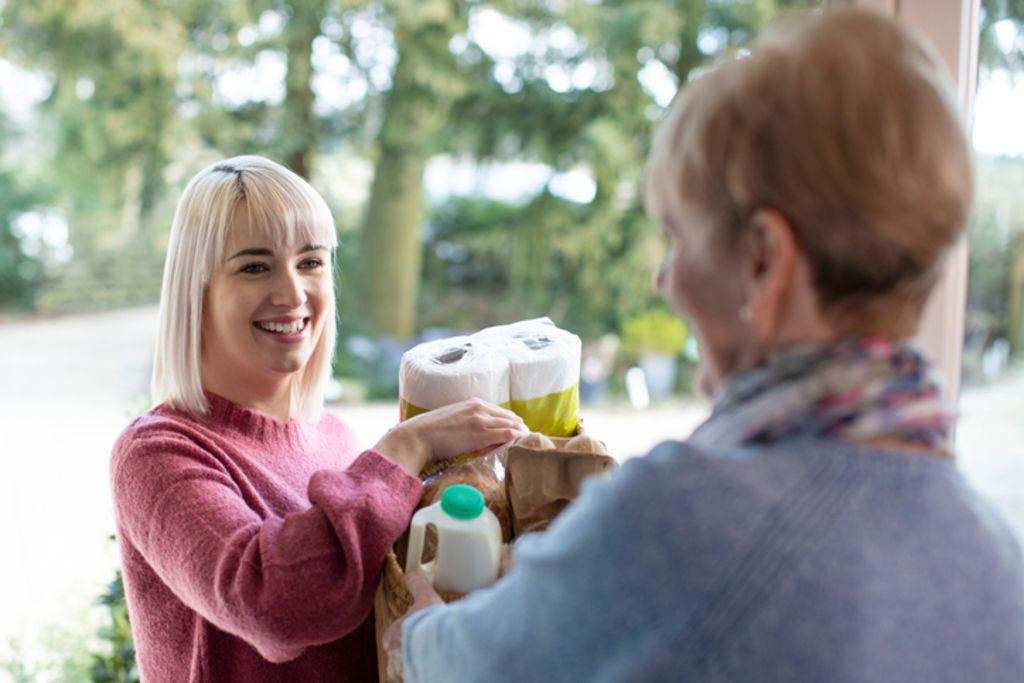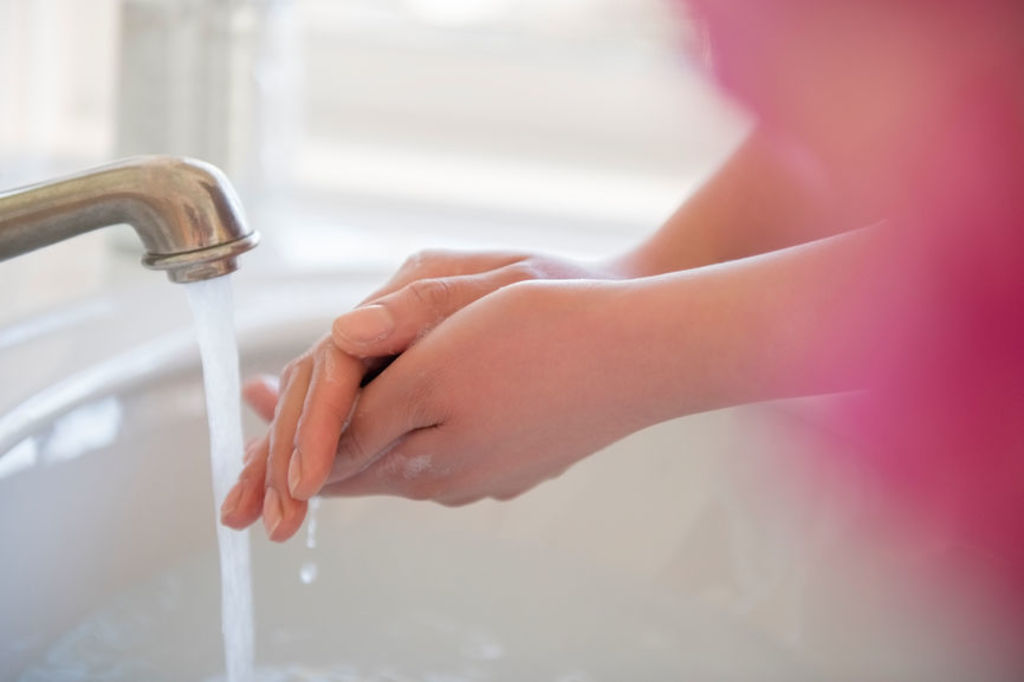Isolation etiquette: How to stay safe without hindering relationships

Stay in. Socially distance when you must go out. Rethink that backyard rave featuring a live DJ set for 100 of your closest friends.
The rules aimed at stopping the transmission of COVID-19 have been (mostly) clear-cut, but the rules around social etiquette have proven more delicate.
Among the many changes wrought by coronavirus is the awkward dance over everyday interactions being performed by normally close neighbours.
Borrowing a cup of sugar or sharing a crop of backyard lemons is no longer a ritual of suburban life. As there is no coronavirus edition of Debrett’s A-Z of Modern Manners – not yet, anyway – we sought advice for people wanting to help each other out without causing worry or offence.

Anna Musson, founder of the Good Manners Company, is proof that even the most highly trained etiquette expert is navigating these uncharted waters without a compass. “I sanitise my front door handle and the gate for the couriers so they get a clean environment, but I’m a bit of a germophobe from way back!” she says.
The first thing Musson urges people to remember is that this is not a one-size-fits-all scenario. Something that might put one person on alert has the power to leave someone else downright alarmed: each individual has their own levels of concern about coronavirus and their own way of handling the crisis.
“Not everybody is going to be as relaxed or as strict as you,” says Musson. “It’s best to err on the side of caution.”

The impulse to help others is a noble one, but before leaving that lasagne on your neighbours’ doorstep, try texting them first to see if they’re comfortable accepting food.
Similarly, a thoughtful note can be a real mood-booster for an elderly person living alone but consider their possible fears about contamination. “My children have been leaving notes, but we make sure we leave a Post-It on the letter saying that our hands were thoroughly washed.”
Coronavirus hasn’t changed the inviolable truth that the key to good manners is to put others before yourself. And with so many of us isolating at home, consideration for others is more important than ever.
If your habit is to play polka marches at high volume every lunchtime, chances are there are now many more people around to critique your music choices.
Be mindful of your “outside” phone voice; think twice about using that leaf blower. And if a dispute does arise, approach it with goodwill. Remember, we’re all in this together.

It has been a boon for introverts to no longer have to invent excuses to skip parties and other social outings.
But inevitably new pressures have stepped in to fill the vacuum. Virtual meet-up apps Zoom and Houseparty have entered the general lexicon as the world flocks online, and while they’re a great lifeline to friends and family in the virtual realm, they bring with them new social expectations.
“There is a lot of pressure with the notifications,” says Musson. “The pressure to say hello when you get the message that someone is in the house can be immense.”
But just as you don’t have to feel compelled to answer your phone when it rings, it’s important to remember you can still set your own social boundaries – just don’t do it reflexively.
“Before you reject an invitation to connect online, consider who is inviting you and what their social network might be,” says Musson. “There is a lot of loneliness going on in normal times, and especially at the moment.”
Perhaps the new rule is simply this: be kind.
We recommend
States
Capital Cities
Capital Cities - Rentals
Popular Areas
Allhomes
More










